SandiLake Clothing
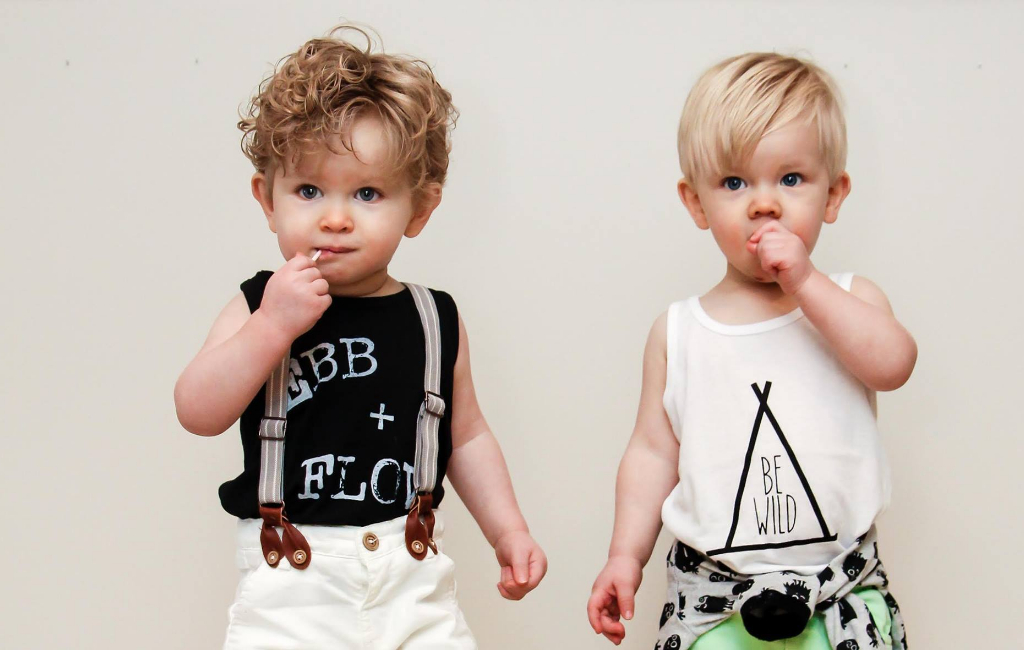
NO DEAL
EPISODE SUMMARY
🕓 Air Date: October 21, 2016
Asking For:
$100,000 for 10%
Investor:
No Deal
Deal:
No Deal
PRODUCT SUMMARY
SandiLake Clothing is a modern and unique clothing brand designed for kids, offering unisex and trendy tops, hats, and leggings.
WATCH HERE
IN A RUSH?
Click these to jump to the section you want to read.
Background Story
SandiLake Clothing, founded by Melissa Lay from Portland, Oregon, is not just a clothing line but a testament to a mother’s ingenuity and determination to create a unique space for her children in the fashion world. Melissa’s journey began when she became a mother and encountered the limited and stereotypical choices available for kids’ clothing — an excess of pink princess outfits for girls and an abundance of blue and superhero-themed apparel for boys. Frustrated by the lack of diversity in children’s fashion, Melissa decided to take matters into her own hands.
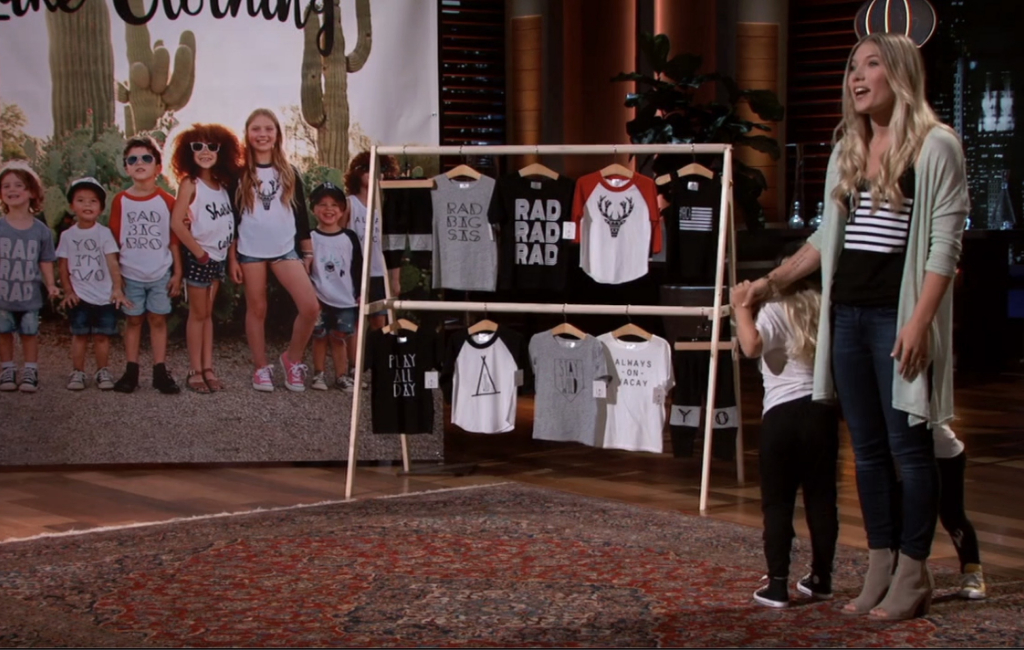
Drawing inspiration from her experience as a mother and her passion for design, she embarked on a mission to craft modern, unisex, and stylish clothing for little ones. The result was SandiLake Clothing, a brand that reflects Melissa’s dedication to breaking away from traditional gender norms in children’s fashion. Situated in the creative and eclectic city of Portland, SandiLake Clothing is more than just a business; it’s a reflection of Melissa’s personal journey as a mother and entrepreneur. With a keen eye for design and a commitment to quality, Melissa handcrafts each item herself, ensuring that every customer receives a custom, unique, and made-to-order product.
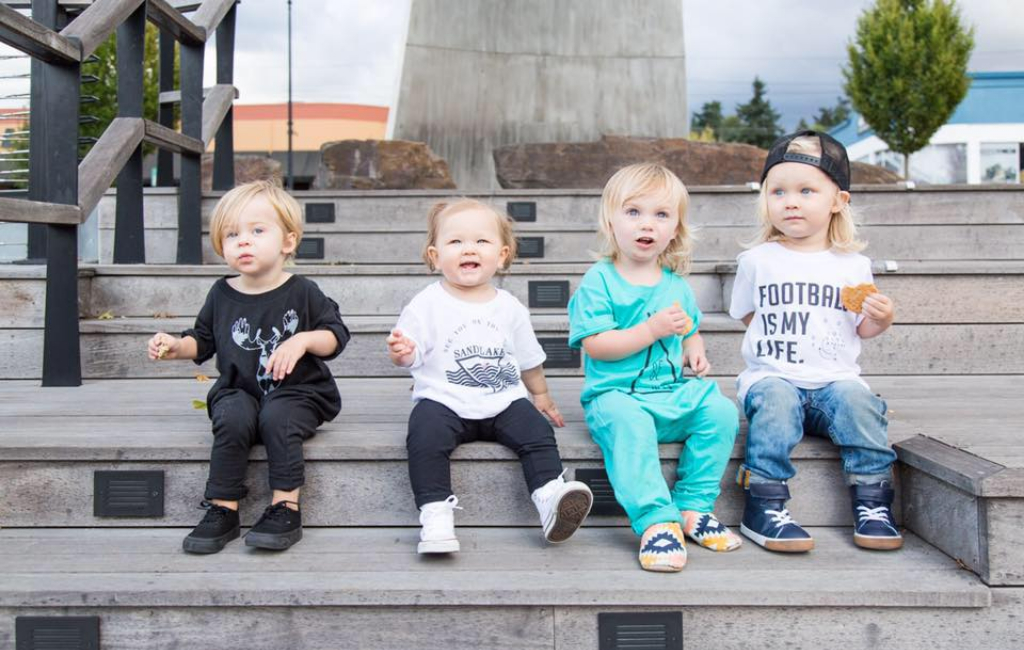
The brand gained attention not just for its distinctive designs but also for overcoming challenges, such as a viral replication incident by a major retailer. Despite setbacks, SandiLake Clothing has continued to grow, capturing the essence of contemporary trends while remaining true to its mission of offering inclusive and stylish clothing options for children. Melissa’s story is one of resilience, creativity, and a mother’s unwavering commitment to providing her children, and others, with clothing that goes beyond traditional stereotypes.
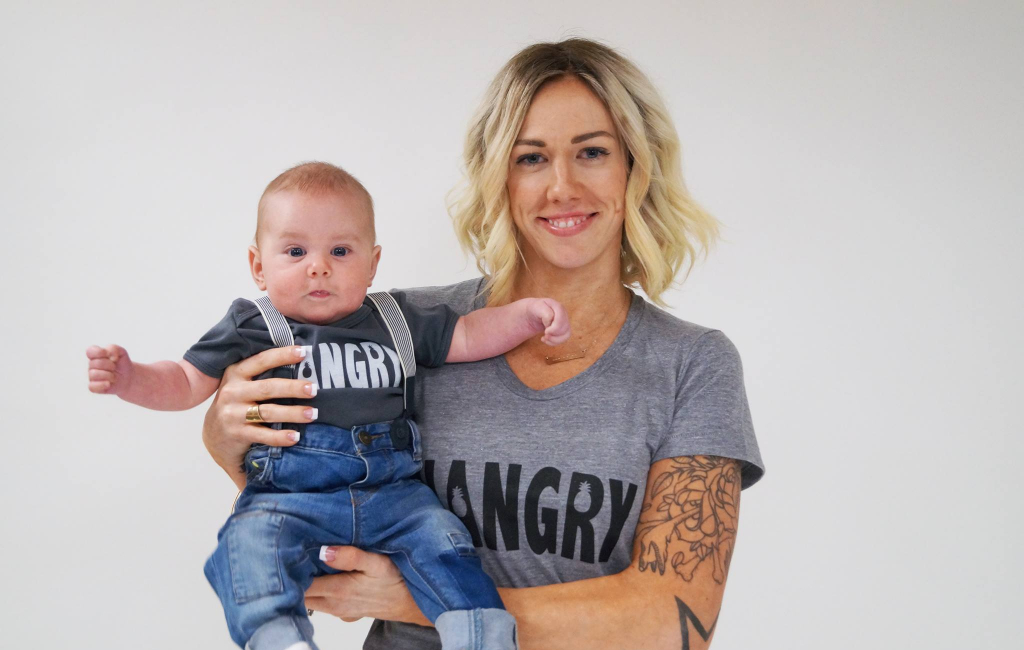
The Product
SandiLake Clothing offers a diverse range of modern and unisex children’s apparel, including tops, hats, and leggings, all meticulously designed and handmade by founder Melissa Lay. The collection stands out for its unique and trendy designs, providing an alternative to the stereotypical gender-specific clothing often found in the market.
Each item is a testament to Melissa’s commitment to breaking away from traditional norms, offering parents and children the freedom to express themselves through fashion without limitations. The products boast versatility, allowing kids to express their individuality and style. The unisex nature of the clothing ensures that it transcends gender boundaries, giving children the freedom to choose outfits that resonate with their personal preferences.
Customers can purchase these bespoke and made-to-order items directly from SandiLake Clothing. The pricing strategy is transparent, with kids’ shirts available for $22 each, reflecting the brand’s commitment to affordability without compromising on quality. The process of purchasing is straightforward, providing parents with the opportunity to embrace unique, handcrafted fashion for their little ones. SandiLake Clothing’s emphasis on individuality, quality, and affordability positions it as a distinctive player in the children’s fashion market.
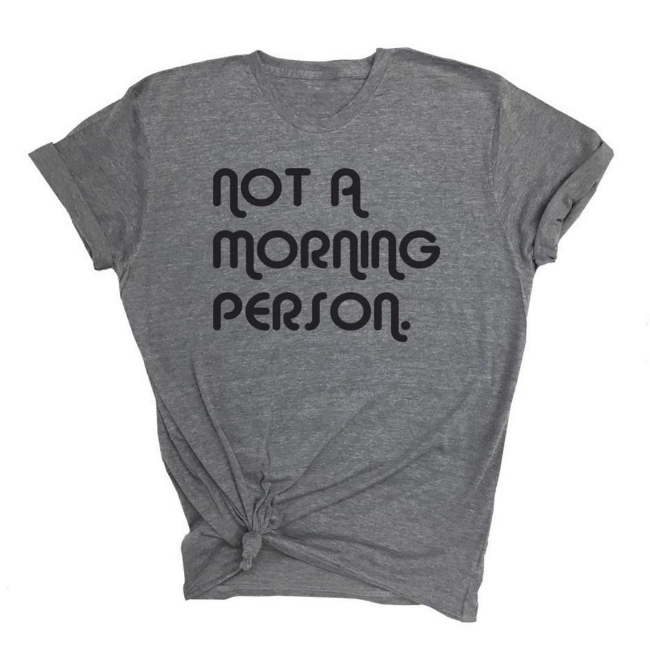
How It Went
The company’s position before Shark Tank
SandiLake Clothing has demonstrated a commendable performance since its inception, establishing itself as a unique player in the children’s fashion market. The company’s health and position in the industry reflect its resilience and ability to overcome challenges. With a total sales figure of $340,000 over two years, and $67,000 in sales in the current year alone, the company has achieved notable success in a competitive market. In terms of production, SandiLake Clothing initially operated as a cottage industry, with founder Melissa Lay crafting the clothing in her own home.
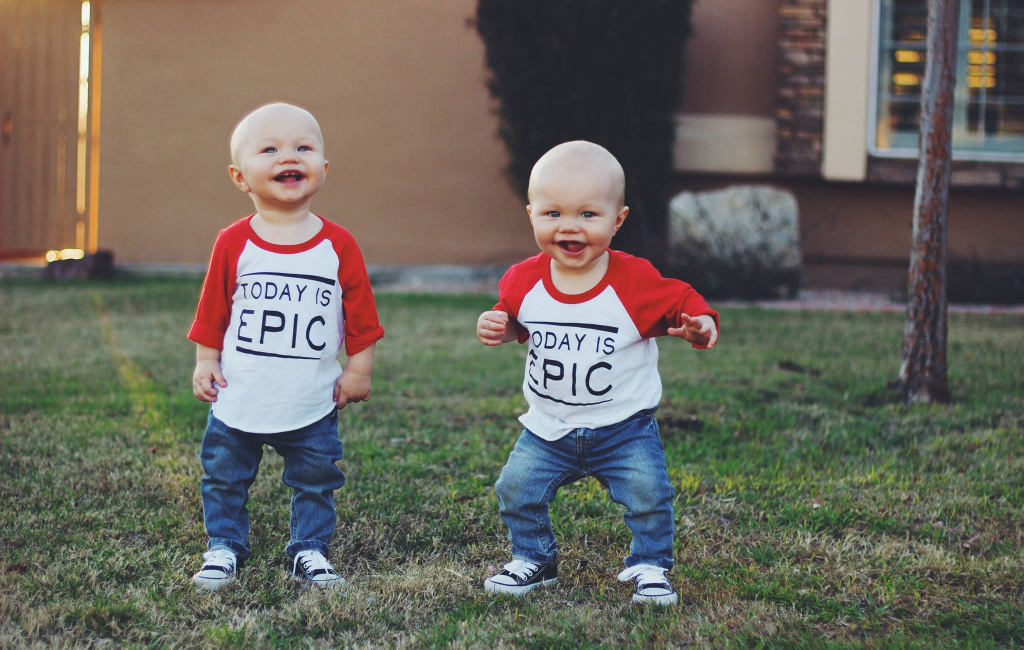
As the brand expanded, it successfully built a partnership with Portland Garment Factory, showcasing its commitment to maintaining quality while scaling operations. The company’s notable achievement came with a viral incident when a major retailer replicated one of its designs. Despite this setback, SandiLake Clothing rebounded, showcasing the brand’s resilience and market appeal. As for partnerships and wholesalers, the company’s primary partner is Portland Garment Factory, a collaboration that has enabled increased production and wider distribution. The brand’s direct-to-consumer approach, bypassing traditional wholesalers, underscores its commitment to maintaining a personal connection with customers.
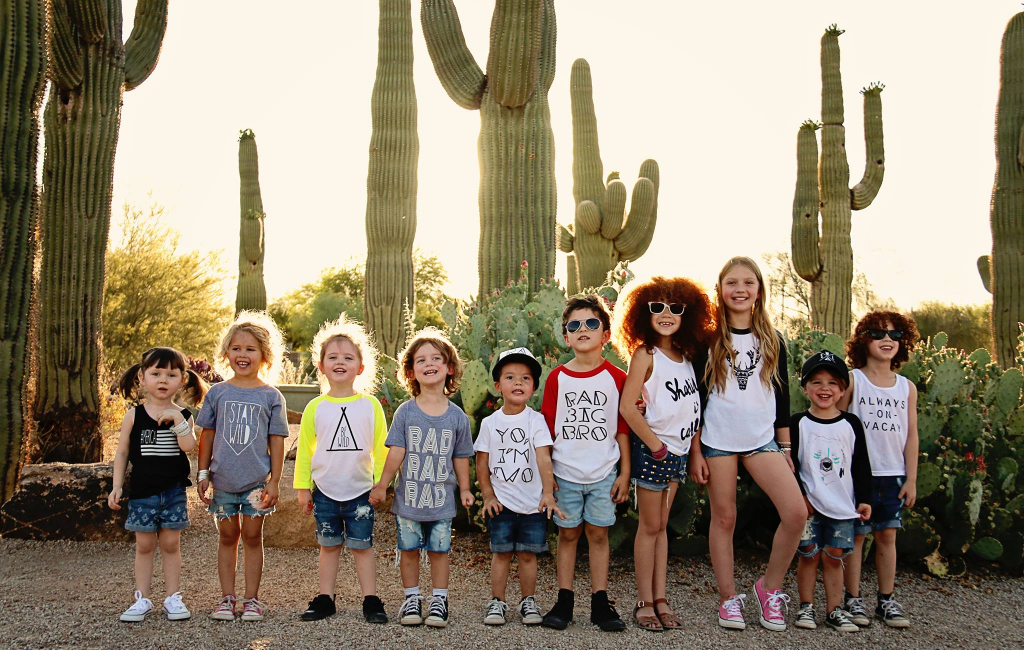
SandiLake Clothing caters to a diverse customer base seeking stylish and unisex clothing options for their children. The brand’s dedication to inclusive design has resonated with parents looking to break away from conventional gender norms in children’s fashion. Regarding funding, the company’s financial structure is not explicitly outlined. Still, it’s apparent that SandiLake Clothing has primarily relied on its sales revenue to sustain operations and growth. Melissa Lay’s reference to going viral a year ago suggests a boost in sales, indicating a potential increase in available capital.
The Negotiations:
The negotiations in the Shark Tank for SandiLake Clothing unfolded in a unique and somewhat tense manner, highlighting the challenges and dynamics of securing a deal in the highly competitive fashion industry. Founder Melissa Lay entered seeking a $100,000 investment for 10% equity in her company. Barbara Corcoran made the first offer, proposing a $100,000 investment for a 40% stake in SandiLake Clothing. However, the offer came with a twist — Barbara intended to sell half of her equity to another company, Grace & Lace. This contingency raised concerns about the potential impact on SandiLake’s brand identity and design direction.
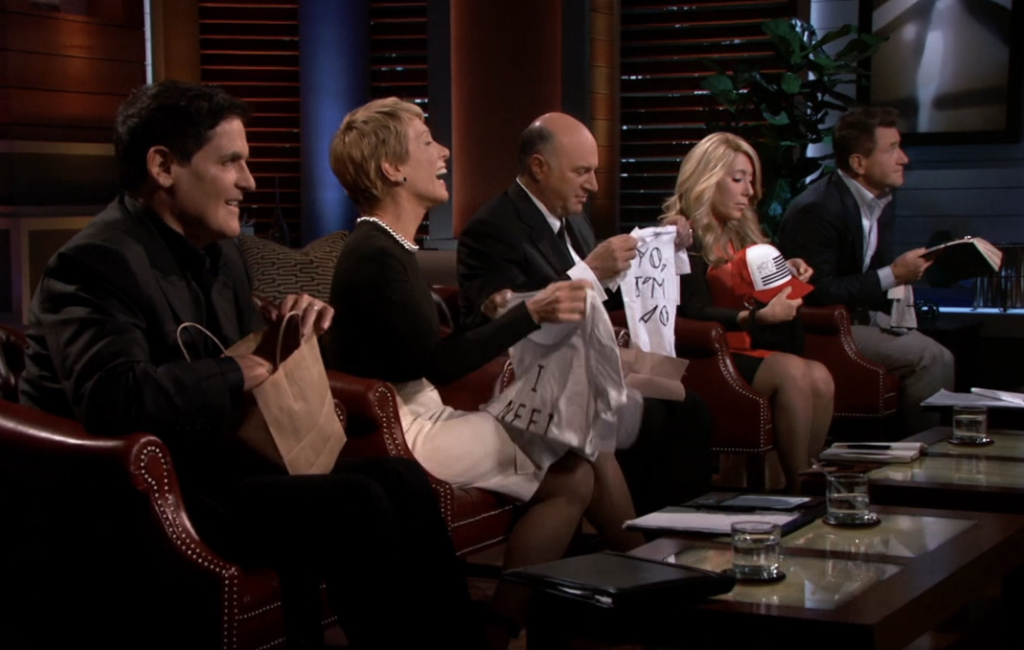
Melissa, hesitant about this arrangement, expressed her desire to hear other offers. Kevin O’Leary criticized the company’s sales performance, emphasizing that $67,000 in sales for the current year was insufficient. Lori Greiner and Mark Cuban opted out, citing concerns about the scalability and future prospects of the business. Melissa then turned down Barbara’s offer, stating that she wanted to hear what other Sharks had to say. In an unexpected turn, Lori Greiner later revealed that she wouldn’t have made an offer, leading to a moment of tension and surprise in the negotiation room.
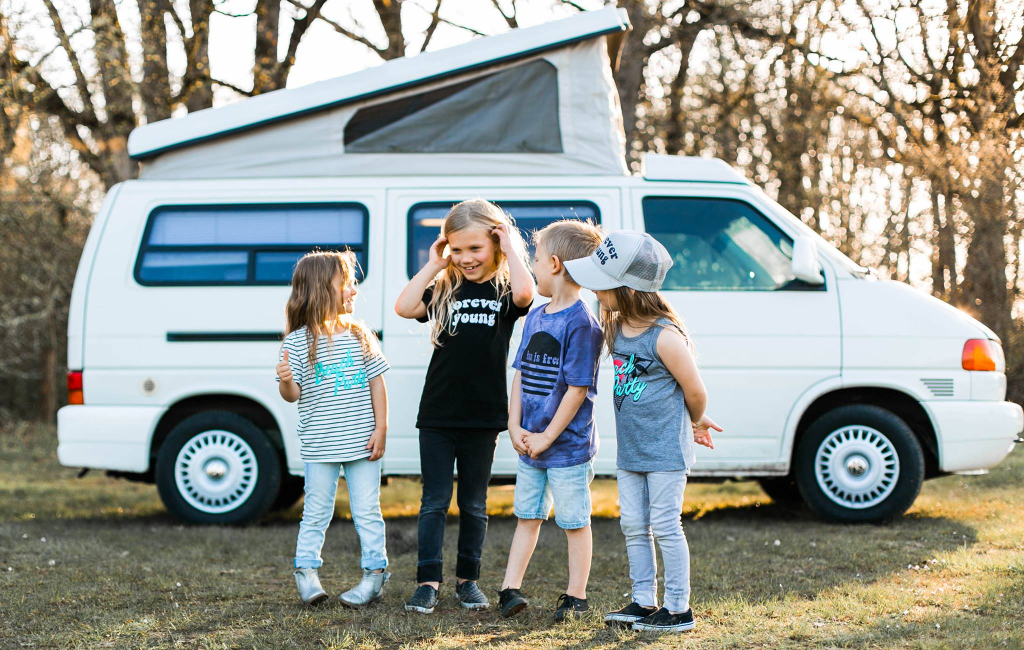
This revelation left Melissa with only Barbara’s offer on the table. Ultimately, Melissa declined Barbara’s offer, expressing her desire to work with an investor who believes in her and is aligned with her vision. The negotiation showcased the challenges of securing a deal in the competitive fashion industry, with Melissa prioritizing the preservation of her brand’s identity and long-term vision over a potentially complicated equity arrangement.







